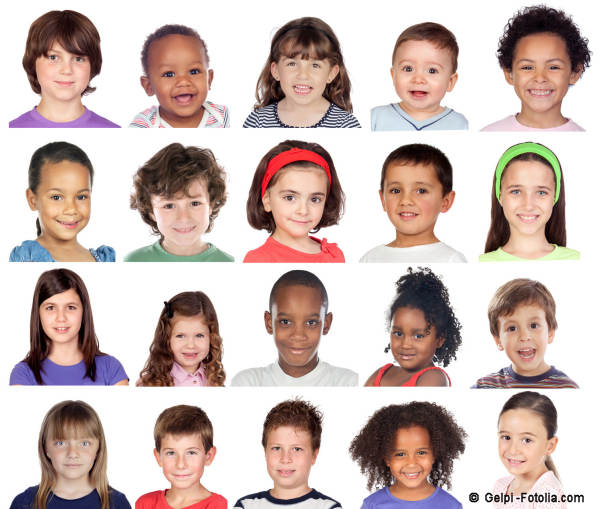For the week of July 2, 2016 / 26 Sivan 5776
Shela Lekha
Torah: Bemidbar/Numbers 13:1 – 15:41
Haftarah: Joshua 2:1-24
Download Audio [Right click link to download]
And your children shall be shepherds in the wilderness forty years and shall suffer for your faithlessness, until the last of your dead bodies lies in the wilderness. (Bemidbar/Numbers 14:33)
There are few values in many societies today greater than that of autonomy. In Western-style cultures, self has become the chief determinant of all things: What’s in it for me? What do I get out of it? How does it make me feel? are the biggest questions many of us ask. Self-expression and self-actualization are the highest goods. Community and the common good have become incidental amidst the priority of self. It is no wonder, therefore, that laws that seek to limit self’s supremacy are viewed as oppressive.
The problem with the obsession with self should be obvious. Human beings do not exist as independent agents. No one is absolutely self-sufficient. No one brought themselves into the world, no one sustains themselves through infancy or any other stage of development for that matter. We are communal beings. It should strike us as strange how we have so elevated self, while at the same time continuing to find ourselves so very much connected to others. We cannot escape the fact that we are relational beings. Yet that doesn’t stop people from relating to others on the basis of a selfishness never seen before.
No one suffers more from the pursuit of self than our children. This week’s Parsha tells us how the people of Israel’s lack of trust in God to enter the Promised Land two years after God’s miraculous rescue from Egypt didn’t only prevent them from obtaining it. Their self-focused fear resulted in their children having to wander in the wilderness for an additional thirty-eight years.
We don’t need the Bible to know the perils of selfishness. Experience tells us again and again that self-seeking people cause extensive damage to others, not to mention themselves. But this doesn’t seem to stop us from going deeper and deeper into the delusional rabbit hole of self.
When parents fail, the kids suffer. Don’t like that? Too bad. It’s the way life works. You can try to blame others as much as you like, but the fact is how you live affects others, especially your children. I am not saying that parents are the only factor with regard to the welfare of children, but it should be obvious that we play the biggest role with regard to their welfare.
There is another unhelpful extreme that puts so much focus on our children that they are exalted to the position of gods and goddesses. But this is actually another form of self-focus. Not only is this approach often the result of personal pride and doesn’t have the best interest of the child at all, it is teaching them to be the kind of selfish brats that will continue to perpetuate the problem.
At first glance, the story of Israel’s unbelief in this account doesn’t appear to be about self and selfishness. But think about it. God had called them to do something very difficult. The scouts who checked out the Land were all in agreement that they were going to have to face some pretty difficult situations. The difference between the ten who were freaked out and the two who remained confident was where their focus was. Those who were focused on self couldn’t grasp what was best for the community, resulting in even greater difficulty for their children. Joshua and Caleb, on the other hand, were focused on God. While they, too, had to endure the additional hardship because of the majority’s misguided focus, they were the only ones who were able to enter the Land along with their children.
We can put an end to the ongoing fragmentation of our families and our culture by turning our sights away from self and onto God. If you are interested in how to do that, let me know. For our children’s sake.
All scriptures, English Standard Version (ESV) of the Bible

Well said!
Thought provoking. Thank you.